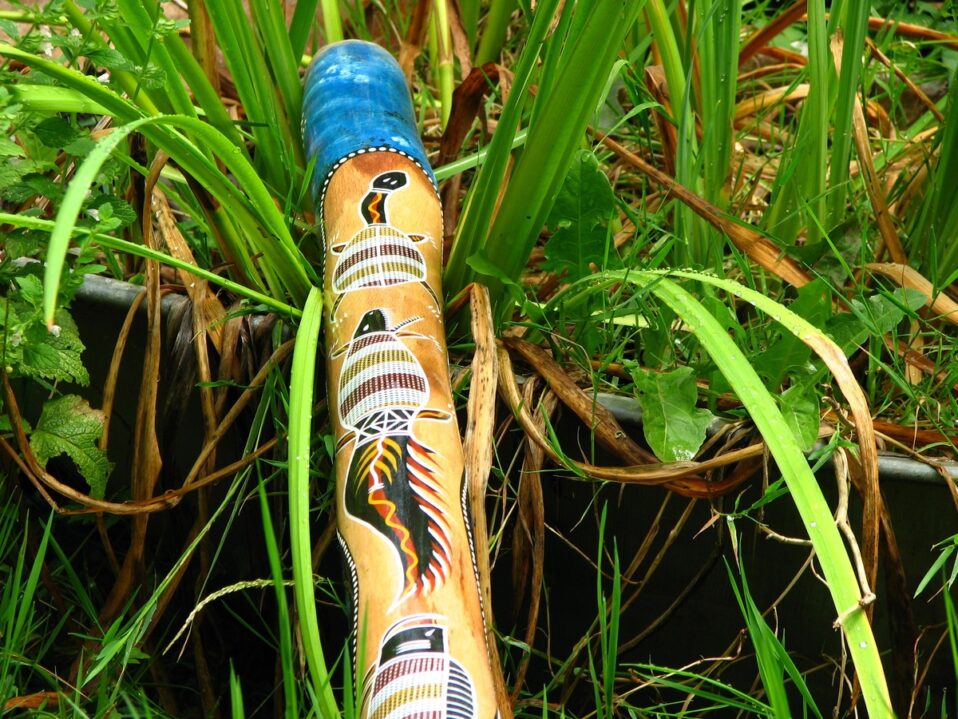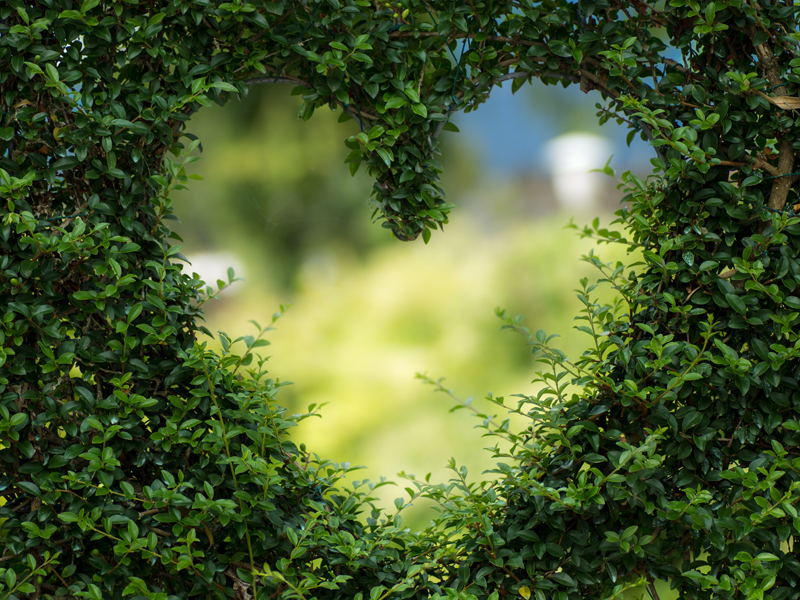Almost every day, the headlines on the news and in newspapers are announcing another climate
catastrophe – flooding in Pakistan, Eastern Kentucky, Australia, China, Brazil, and Montana…, a
hurricane devastated Puerto Rico and the Dominican Republic while another one forms in the
Gulf, extreme droughts and fires in the U.S., Portugal, Spain, France, Italy…The list goes on, and
the catastrophic effects are real for millions of people. It is easy to feel overwhelmed and
helpless. But in the midst of all of the above, there are incredible initiatives taking place to
diminish the effects of climate change.
Here is some of the good news:
• Youth everywhere are organizing and speaking out challenging politicians in their
countries to take action. Young leaders like Greta Thunberg and Xiya Bastida are at the
forefront, but thousands from throughout the world are joining them and lifting their
voices and engaging in action.
• Environmentalist, author, and journalist Bill McKibben founded 350.org in 2007, a
global climate movement to defund fossil fuels and transition to renewable energy.
Through online campaigns, grassroots organizing, mass public actions, and collaboration
with an extensive network of partner groups and organizations, 350.org mobilized
thousands of volunteer organizers in over 188 countries. (www.350.org)
More recently, McKibben founded the Third Act for people over 60 who want to change
the world for the better by using their political and economic power to move Washington
and Wall Street to work towards a more just, equitable, and sustainable society and
planet. (thirdact.org) According to McKibben, “We back up the great work of younger
people and we make good trouble of our own.”
• Janine Benyus opened up the world of biomimicry through books, articles, Ted Talks, and more. Biomimicry is described as a “practice that learns from and mimics the
strategies found in nature to solve human design challenges and find hope.” She is
President of The Biomimicry Institute, a non-profit organization whose mission is to
naturalize biomimicry in the culture by promoting the transfer of ideas, designs, and
strategies from biology to sustainable human systems design.
Learn more about biomimicry at https://www.youtube.com/watch?v=wvAXzlHpSs8
https://www.youtube.com/watch?v=k_GFq12w5WU&t=54sDr.
• Dr. Jonathan Foley and Jamie Alexander work with Project Drawdown, whose mission is to help the world reach “drawdown”—the point in the future when levels of greenhouse gases in the atmosphere stop climbing and start to steadily decline, thereby stopping catastrophic climate change—as quickly, safely, and equitably as possible.
Project Drawdown conducts ongoing reviews and analyses of practices and technologies
that can reduce greenhouse gas concentrations in Earth’s atmosphere and also are
1) currently available, 2) growing in scale, 3) financially viable, 4) able to have a net
positive impact, and 5) quantifiable under different scenarios. Their work shows the
world can reach drawdown by mid-century if people make the best use of all existing
climate solutions. Project Drawdown recognizes that “more solutions are needed and
emerging, but there is no reason—or time—to wait. Now is better than new, and society
is well equipped for transformation today.” (www.drawdown.org)
If you want to learn more about Project Drawdown and how to have an impact on
global warming and be supported by others with a similar desire, sign up for a five-
session series that will empower you to be part of the solution to global warming
rather than part of the problem…
WHEN: 5 Thursdays, 7-9 PM (EST)
Oct. 6 – Nov. 3, 2022
WHERE: All sessions will take place on ZOOM. Register to get the Zoom link.
COST: It’s free!
SPONSOR: Pachamama Alliance of the Cincinnati Area (PACA)
TO REGISTER (send name, email, and phone #) to:
Jim Vogt (jimvogt2@yahoo.com) or
Jennifer Melke-Marks (jennifer.melke@yahoo.com) (Jennifer is an SC Associate)
• Faith Communities Go Green (FCGG) is a local collaboration between The Green
Umbrella and Equasion, whose mission is to partner with religious communities in the
Greater Cincinnati area to create a more sustainable and equitable future for all by
mobilizing their moral voice to reduce the risk of catastrophic climate change.
(www.fcgg.org)
Several upcoming events sponsored by FCGG to which you are invited are the
following:
Green Cincinnati Plan: Faith Communities Meeting
Date/Time: September 28th, 12:00 to 1:30 PM
Location: William Howard Taft Building conference room
250 William Howard Taft
Lunch will be provided
Details and registration at https://greenumbrella.org/event-4956402
FCGG Book Club
Saving Us: A Climate Scientist’s Case for Hope and Healing in a Divided World by
Katharine Hayhoe
Date/Time: Thursday, October 27th from 7:00-8:00 PMDiscussion facilitated by Janet Steele
Free virtual event. Go to www.scearthconnection.org to register.
There is lots to be hopeful about. As the young activist Xiya Bastida said recently, “A vibrant
and regenerative future is possible-not when thousands of people do climate justice activism
perfectly, but when millions of people do the best they can.”



